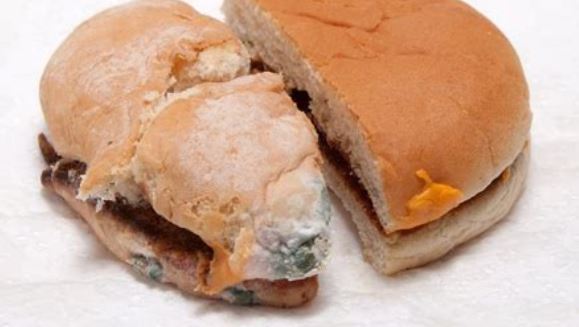
It's taken almost 50 years to come to fruition, but there's now solid proof to show that the world's most evil corporation, Monsanto, deliberately sold deadly chemicals on the consumer market that it knew all along were harmful to humans.
As part of the epic Poison Papers archive, which we've covered previously, thousands of pages of internal documents highlight how Monsanto was fully aware that a family of chemicals known as PCBs or polychlorinated biphenyls, were not only detrimental to human health, but also environmentally persistent – meaning they don't biodegrade that easily.
Monsanto has apparently known since the 1950s that PCBs weren't exactly safe, and yet the Missouri-based corporation continued to sell these products regardless. And thanks to the tireless work of investigative journalist Peter von Stackelberg and Oregon-based amateur investigator Carol Van Strum, it's now all on the record.
"As I got deeper and deeper into it, I couldn't continue to ignore the fact that there was something seriously wrong with the industry and the regulatory system," von Stackelberg, who first started reporting on the dirty deeds of the chemical industry several decades ago, told Inlander about what he uncovered.
Spokane, Washington, sues Monsanto following PCB revelation
One of von Stackelberg's discoveries pertained to PCB chemicals manufactured by Monsanto that he revealed were carelessly dumped into Washington's Spokane River by the chemical giant. The resultant PCB contamination of this body of water has been problematic for quite some time as a result of this – which, thanks to these new revelations, is finally allowing the city to seek justice.
According to reports, the City of Spokane is filing a lawsuit against Monsanto that it hopes will lead to a retrieval of funds necessary to remediate the contamination. Von Stackelberg also put on a special event to talk about it entitled, "Monsanto, PCBs and the Spokane River," which took place at Gonzaga University back in September.
Many chemical companies have been lying about the safety of their products, von Stackeberg says
The unfortunate reality is that this doesn't stop with Monsanto. Von Stackelberg's laborious research throughout the 1980s led him on a rabbit trail of discoveries, including the fact that many different chemical companies at the time were pulling the same shenanigans as Monsanto when it came to lying about the safety and effectiveness of their products.
After hearing rumors that his local provincial government in Saskatchewan was mulling over a ban on more than 100 chemicals commonly used in agriculture, von Stackelberg got to work. What he discovered was that many of these approved chemicals had been given the green light by a corrupt testing lab in the United States known as Industrial Bio-Test (IBT) Laboratories.
"The list of chemicals was actually jaw dropping in terms of the ones where there were serious questions about the safety studies," von Stackelberg recalls.
Inspired by what he had uncovered, von Stackelberg then decided to take a closer look at various other chemicals used in food, drugs, and more – only to discover that these, too, had questionable safety backing based on potentially fraudulent science.
In the end, von Stackelberg's work resulted in multiple criminal charges being filed against IBT. But unfortunately, this legal action didn't change the practices of the industry for the better, as they've only continued on with their lies and deception up to this very day.
"The whole thing sort of faded away and 40 years later, we're still dealing with the pollution, the corruption, the fraud and so on," says von Stackelberg. "I call IBT the original sin of the EPA regulatory system. It's never been something I would say can be trusted."
For more related news, be sure to check out MonsantoMafia.com.
Sources for this article include:
Please contact us for more information.


















